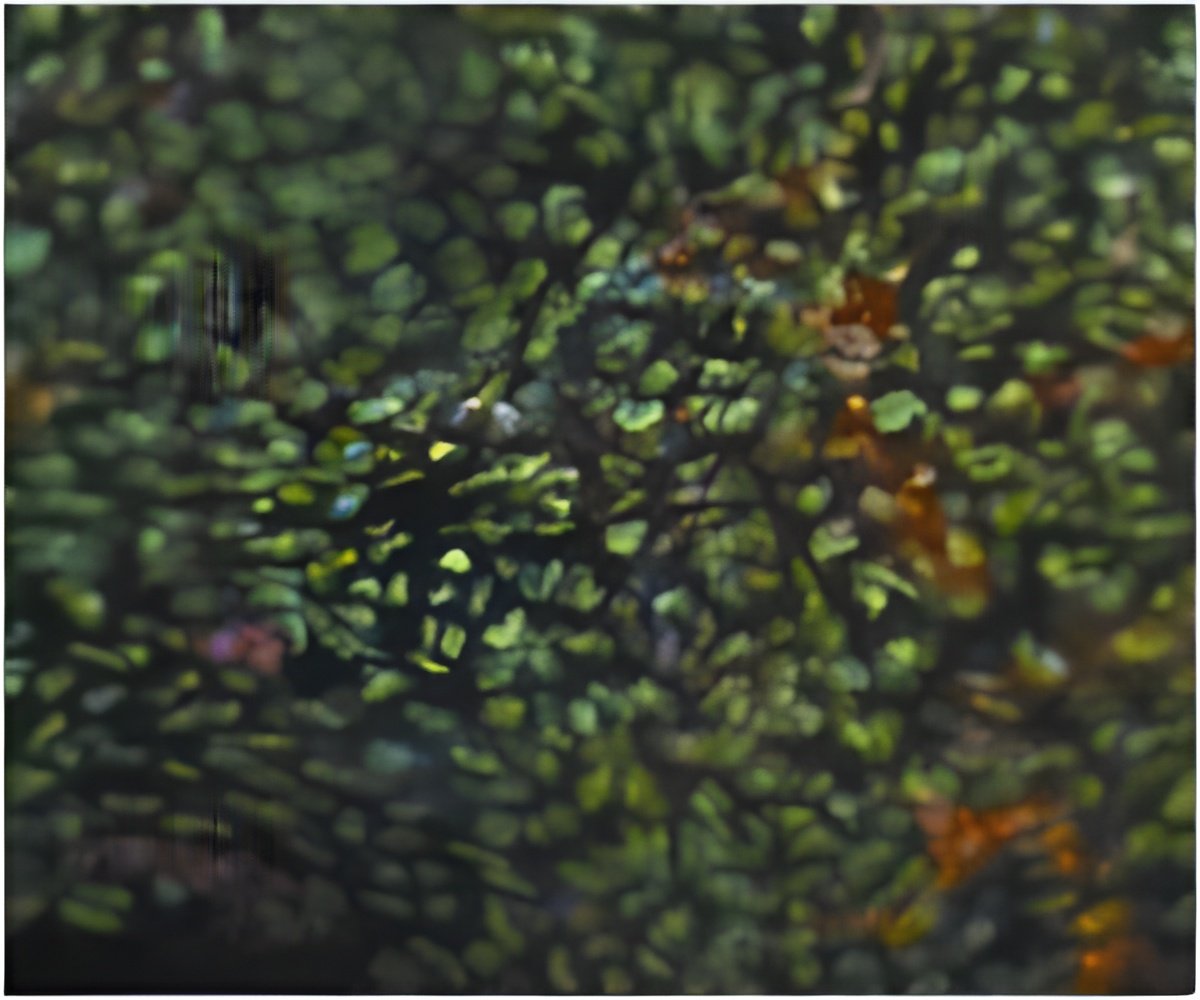
‘The lung microenvironment has a major effect on mesenchymal stem cell gene expression, which could affect their therapeutic use for reducing inflammatory responses in immune disorders.’
Tweet it Now
In 'Effects of Freeze-Thawing and Intravenous Infusion on Mesenchymal Stromal Cell Gene Expression', researchers exposed MSC derived from human fat tissue to a freeze-thaw cycle and analyzed the cells for changes in gene expression one hour after thawing. The researchers intravenously injected the MSC into mice, where the cells initially accumulated in the lungs. The results indicate that the lung microenvironment has a major effect on MSC gene expression, which could affect their therapeutic use for reducing inflammatory responses in immune disorders. "At Stem Cells and Development, we are proud to publicize the careful, considered work being performed around the world by great research teams exemplified by the Hoogduijn paper, providing the rigor and characterization necessary to achieve responsible, effective translation to the clinic," says Editor-in-Chief Graham C. Parker, The Carman and Ann Adams Department of Pediatrics, Wayne State University School of Medicine, Detroit, MI.
Source-Eurekalert








